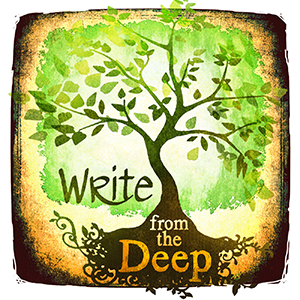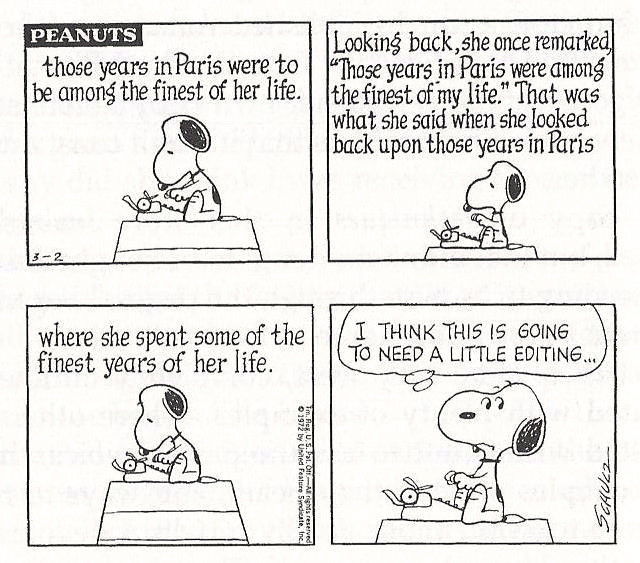Last Sunday, November 29th, was the beginning of one of my favorite seasons of the year: Advent. Some of my earliest memories are of Advent, of doing devotions as a family around an Advent wreath, my two brothers and I eager to be the one to light the candle each week. I don’t know about your traditions, but for us, the four purple candles were the Advent, Angel, Shepherd, and Bethlehem candles. The white candle in the center was the Christ candle. So what do those aspects of advent have to say to us as writers?
The word “advent,” according to Mr. Webster, is “the arrival of a notable person, thing, or event.” As you enter into this first week of Advent, I encourage you to think about the arrival of an event…
The moment you knew you were going to be a writer.
It’s so easy, in the midst of “being a writer” and “doing the work” to forget how that moment felt—the wonder and excitement of it. The joy of first creating words on the page and seeing them impact others. So let’s take a moment and celebrate our advent together.
When did you first know God wanted you to write?
What emotions accompanied that knowledge?
What was the first thing you wrote that people read and were impacted by?
For me, it was poetry. Yes, poetry. I wrote poems from an early age and shared them with others. But I’ll never forget the time, when I was in my early teens, that I wrote a poem about our church family (Dad was a pastor) and read it at the Church Christmas Eve sharing night. I included everyone in the poem, talking about the love and support they all shared…
People laughed. They cried. They came up and hugged me afterward.
Oh! The joy and wonder of that moment. It was then I knew. And I’ve never turned back.
So how about you?











